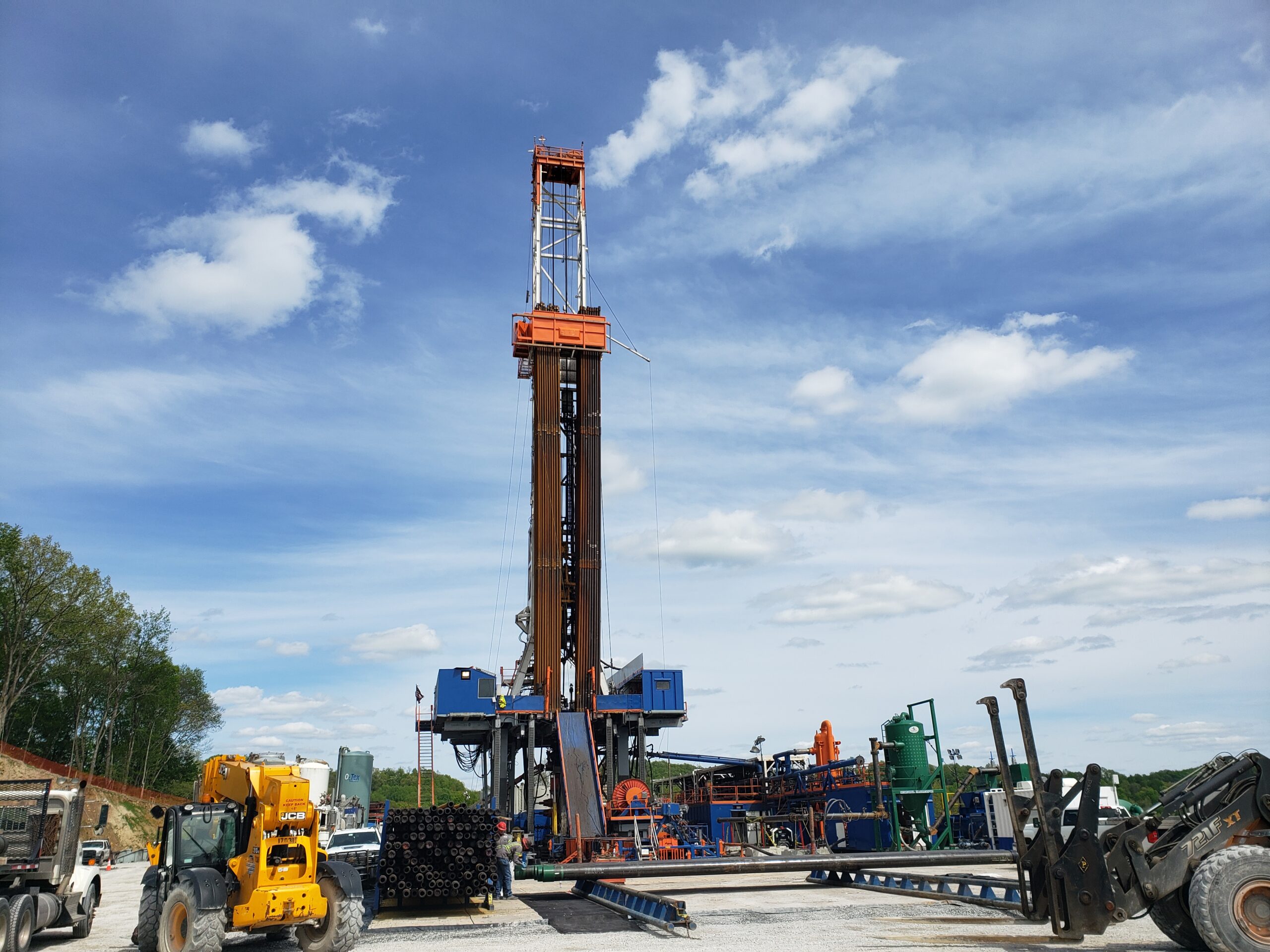MORGANTOWN – Tri-state shale gas industry leaders opened their annual conference on Wednesday with a delve into a cleaner, greener energy future.
Rob Wingo, EQT Corp.’s executive vice president for Corporate Ventures, explored the “Path to Net Zero: The Vital Role of Natural Gas in the Energy Transition and Beyond.”
The occasion was the Ohio-Pennsylvania-West Virginia Marcellus Shale Coalition’s Shale Insight Conference, held in Erie, Pa.
EQT is the nation’s single-largest natural gas producer, and Wingo said it is paving a path to net-zero carbon emissions by 2025. “This is what we’re all trying to accomplish.”
There is an undeniable link between energy use and a good standard of living, he said. “Energy poverty is the problem.” American natural gas can provide affordable and reliable energy and pave a path to a clean energy future.
EQT has an initiative to get there: Unleashing U.S. LNG (liquefied natural gas) to replace foreign coal. “We need to take this seriously and knock methane emissions out of the park,” he said. While technology is reducing production-based methane emissions, there needs to also be a pivot to focus on emissions saved from using natural gas.
From 2005-19, the U.S. has reduced carbon dioxide emissions by 1 billion metric tons – from 2.1 billion in 2005 to 1.1 billion in 2019 – while global emissions from coal have grown, from 9.2 billion in 2005 to 13.7 billion in 2019.
By quadrupling U.S. LNG capacity, he said, by 2030 international CO2 emissions would drop by 1.1 billion to 1.5 billion metric tons per year. The gas industry would fund the transition and U.S. Citizens would benefit through increased tax and royalty revenue.
“We’ve got to change the conversation to what really matters,” he said. The gas industry would fund the growth by putting 50 more rigs in the field, building 6,500 miles of pipeline and building more LNG export facilities.
EQT, he said, is doing its part in reducing production-based emissions by switching to green-powered equipment. And EQT is urging movement toward an Appalachian methane initiative to report methane emissions across the whole Appalachian basin.
And, he said, EQT is moving toward its own net-zero goals through carbon offsets, using Terralytics data tools to verify its offset claims are genuine. EQT has an offset project in Wheeling, using more than 1,000 acres in Oglebay Park.
Range Resources President and CEO Dennis Degner followed Wingo and talked about his company’s evolution since it kicked off the Marcellus shale boom in 2004, drilling the first Marcellus well, in Washington County, Pa. Range has 460,000 net acres in the Marcellus in southwestern Pennsylvania.
Like EQT, he said, Range has a 2025 net-zero goal. Since 2019, through improved efficiency and production facility designs – including an electric fracking fleet and dual-fuel horizontal drilling rigs – it has decreased its methane intensity by 67%, and its total direct greenhouse gas emissions by 47%.
Range led the move toward frack fluid transparency 15 years ago, he said. And Range’s full-scale water recycling began in Appalachia. By accepting water from other producers, it’s water recycling rate is 150%. In the last five to seven years, Range has recycled 5 billion gallons of water – reusing it instead of putting contaminated water underground.
Evolving technology has also allowed Range, he said, to reduce its surface impact. From 2,000 foot well laterals in the early days, a recent well reached 22,000 feet. This means fewer pads and rigs. It can also drill the wells and complete them faster.
Email: dbeard@dominionpost.com




